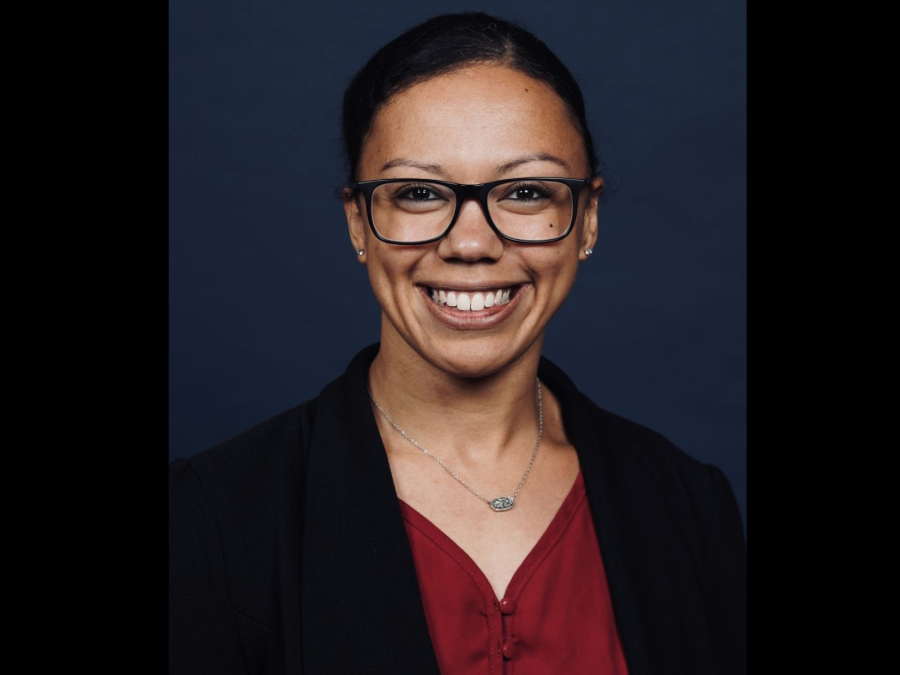For Amanda Nash, there isn’t one specific factor that can fully explain how she went from not planning on going to college at all, to becoming an Assistant Professor of Bioengineering with multiple degrees from the University of Houston and Rice University.
Rather, it was a series of decisions that built on one another as well as a strong support system from her family and her professors that encouraged and enabled her to explore this career path as it came to her.
“I originally was not planning to go to college, at least right away, because I had a reasonable job at the time and I was considering just making a career out of that,” she said. “In the end, I chose UH because of the flexibility in course selection and scheduling. My first year, I was also working 30-plus hours per week, so I needed to be able to select classes that would fit into my schedule.”
Nash graduated magna cum laude with her B.S. in Biomedical Engineering from UH in 2018. She also received multiple distinctions while an undergraduate student, for her student leadership and scholarship. She then earned her Ph.D. in Bioengineering from Rice in 2023.
At Cullen, Nash said the support of several professors was vital when it came to the decision of furthering her education and pursuing research.
“Jerrod Henderson and Metin Akay inspired me to stick with engineering during my time at UH and to consider a career in academia beyond my undergraduate degree,” she said. “Dr. Akay played a huge role in selecting me for a BME research scholarship that allowed me to join a lab of my choosing and dedicate meaningful time to developing as a researcher. I joined Vivien Coulson-Thomas’s lab in the College of Optometry and studied extracellular matrix components. This experience shaped my entire career.”
Originally, Nash planned to earn her undergraduate degree and then look for a job in industry. But the experience of conducting research with Coulson-Thomas, as well as the opportunities provided by the Houston metro area, caused her to change those plans.
“I will forever be grateful to Dr. Akay and Dr. Coulson-Thomas for introducing me to research in a way that was approachable and understandable,” she said. “During graduate school, I stayed in Houston to be close to my family. I have a big family, so being local was important to me.”
After earning her doctorate, Nash worked for two years at McKinsey & Company, a management consultant firm before returning to academia to start her own research group.
“I learned so much about the inner workings of the MedTech and Pharma industries and I wanted to bring my learnings back to academia with hopes of inspiring the next generation of students to consider alternative career paths earlier and with more information than I had,” she said.
Nash’s research at Rice concerns itself with the cellular transition states that are related to the immune system.
“For example, what changes happen in the body that ultimately lead to a healthy cell becoming cancerous or autoreactive? We investigate these changes using extracellular vesicles, which are nanoparticles that are naturally produced in the body,” she said. “These nanoparticles contain critical biomolecules such as proteins, nucleic acids, lipids and metabolites, and play a major role in cell communication. We are trying to understand how to harness the vesicles as drug delivery systems to help rebalance faulty immune cells.”
